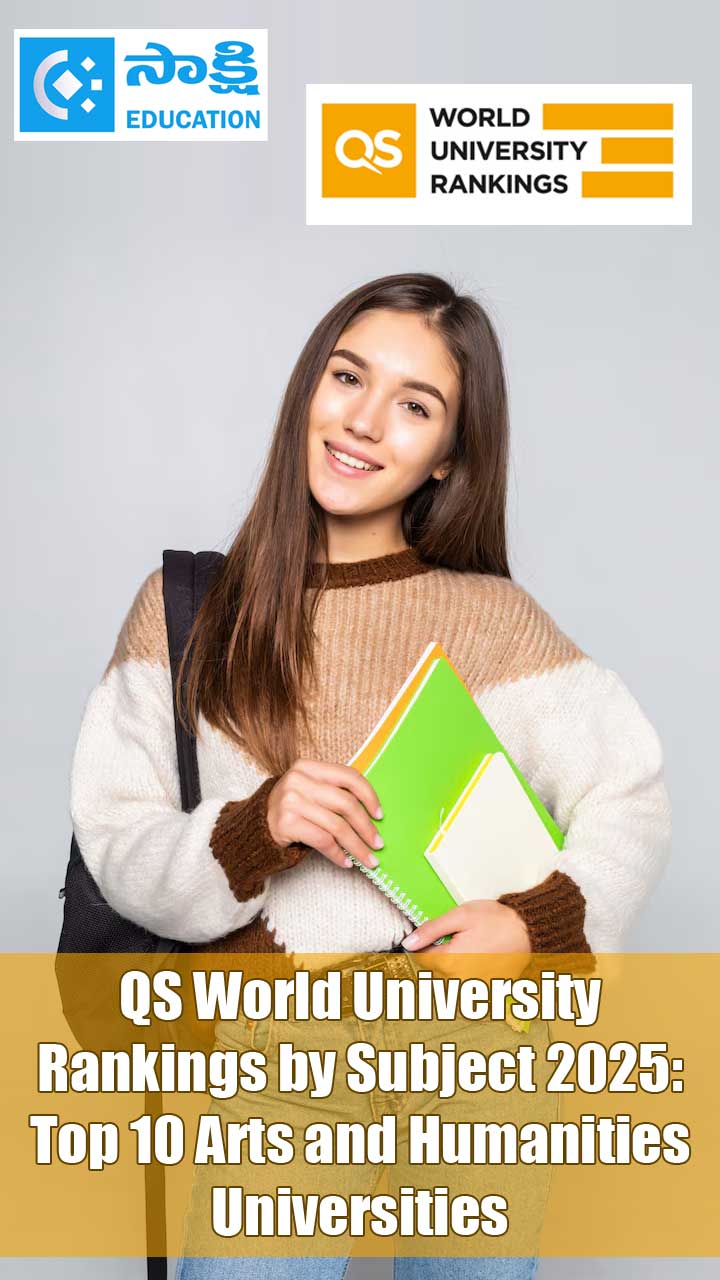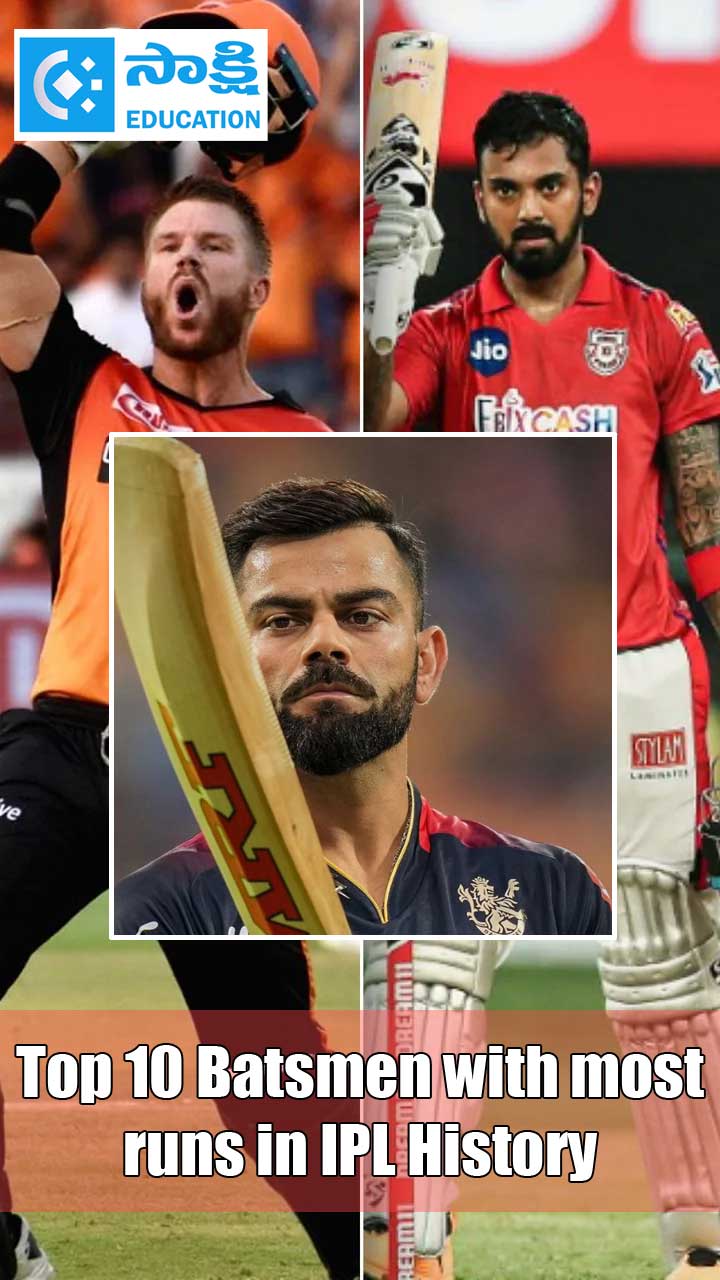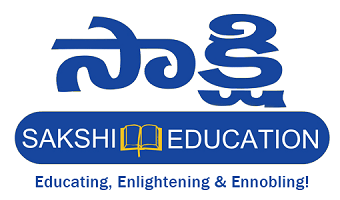Women Empowerment Schemes
Sakshi Education
Some of the most important programmes introduced by the Government of India have been thoughtfully crafted and covers a lot of ground towards the upliftment of women. There are many such schemes that have been introduced and are well-intentioned,


Here is a quick summary of some of the many recent government schemes for women:
Beti Bachao, Beti Padhao:
It deals with the upliftment of women by ensuring protection and survival of the girl child in light of the declining Child Sex Ratio. It was launched in January 2015. This scheme focuses on celebrating the birth of a girl child and being proud of them just as we are about our boys. This social campaign creates awareness and encouragement in 100 identified districts with alarmingly low sex ratio by extending Rs.1 crore each.
Sukanya Samriddhi Yojana:
It was launched in January 2015. The government is making efforts not only to save more and more girls but is equally determined to provide them with better and economically secured future. This plan concentrates on helping families financially for their daughters' education and wedding expenses. In accordance with this saving scheme, parents or guardians can open an exclusive account in the name of their daughter with any bank or post office with a minimum amount of Rs. 1000 per year. Multiple deposits of any value can then be made every year up to 14 years from date of opening account. The deposit shall mature after 21 years. The deposit made can be claimed as deduction under Sec 80C of Income Tax. Also interest earned, presently 8.4% p.a, is also tax-free.
One Stop Center Scheme (2015)
Women in society are struggling from exploitation, torture and violence which need to be checked. This violence could be in any form - physical, sexual, mental, economic or psychological abuse. In line with this goal of upliftment of women, One Stop Centre Scheme was introduced in April 2015. It is step up for offering immediate response, emergency help, medical support and legal and psychological assistance to affected women and girls even below 18 years of age.
UJJAWALA:
A Comprehensive Scheme for Prevention of trafficking and Rescue, Rehabilitation and Re-integration of Victims of Trafficking and Commercial Sexual Exploitation
Working Women Hostel:
The objective of the scheme is to promote availability of safe and conveniently located accommodation for working women, with day care facility for their children, wherever possible, in urban, semi urban, or even rural areas where employment opportunity for women exist. The scheme is assisting projects for construction of new hostel buildings, expansion of existing hostel buildings and hostel buildings in rented premises. The working women’s hostel projects being assisted under this scheme shall be made available to all working women without any distinction with respect to caste, religion, marital status etc.,
SWADHAR Greh (A Scheme for Women in Difficult Circumstances):
The Scheme envisions transitional shelter to women in need by creating an institutional framework that enables their empowerment and provides necessary access to support services. It envisages that shelter, food, clothing, and health needs as well as economic and social security are assured for such women.
The beneficiaries of the Swadhar Greh Scheme are women without any social and economic support, above 18 years of age, including:
a) Women who have been deserted;
b) Women survivors of natural disasters who have been rendered homeless;
c) Women prisoners released from jail and are without family support;
d) Women victims of domestic violence, family tension or discord, who are made to leave their homes without any means of subsistence and have no special protection from exploitation and/ or facing litigation on account of marital disputes; and
e) Women rescued from trafficking operations or those who have run away from brothels or other places where they face exploitation and women affected by HIV/AIDS who have been abandoned. However such women should first seek assistance under Ujjawala Scheme in areas where it is in operation.
Support to Training and Employment Programme for Women (STEP):
The STEP Scheme aims to provide skills that give employability to women and to provide competencies and skill that enable women to become self-employed/entrepreneurs. The Scheme is intended to benefit women who are in the age group of 16 years and above across the country. The grant under the Scheme is given to an institution/ organisation including NGOs directly and not the States/ UTs. The assistance under STEP Scheme will be available in any sector for imparting skills related to employability and entrepreneurship, including but not limited to the Agriculture, Horticulture, Food Processing, Handlooms, Tailoring, Stitching, Embroidery, Zari etc, Handicrafts, Computer & IT enable services along with soft skills and skills for the work place such as spoken English, Gems & Jewellery, Travel & Tourism, Hospitality.
Nari Shakti Puraskar:
Nari Shakti Puruskars would be conferred on eminent women and institutions rendering distinguished service to the cause of women especially belonging to the vulnerable and marginalized sections of the society. The recipients would be drawn from institutions and individuals.
Mahila E-Haat:
The Ministry of Women & Child Development launched “Mahila E-Haat” a bilingual portal on 7th March, 2016. This is a unique direct online marketing platform leveraging technology for supporting women entrepreneurs/SHGs/ NGOs for showcasing the products / services which are made/manufactured/ undertaken by them. It is an initiative for meeting aspirations and needs of women.
Mahila Shakti Kendras (MSK):
Government of India has approved a new scheme namely, Mahila Shakti Kendra for implementation during 2017-18 upto 2019-20 to empower rural women through community participation and to create an environment in which they realize their full potential. It will provide an interface for rural women to approach the government for availing their entitlements also empowering them through training and capacity building.
Pradhan Mantri Ujjwala Yojana (2016)
Launched in March 2016, this is a step by the Government of India to keep every household fed and aims at providing free LPG connection to women below poverty line. It gained a lot of attention due to the social campaign and an appeal to the affluent class to give up LPG subsidy in favour of weaker classes. Making sure that each family has a LPG connection will have two way advantages. It will not only work for upliftment of women by improving their health, pushing them away from smoke and dust, but also save non-renewable resources used for fire by these people. They only need to submit the required documents and make an application to garner benefit of this scheme.
Maternity Benefit Program (2017)
This scheme is for the benefit of pregnant and lactating women in India and desires to provide proper care, practice and efficient utilization of government sponsored facilities. Previously known as Indira Gandhi Matritva Sahyog Yojana, it was renamed as Pradhan Mantri Matritva Vandana Yojana in 2017 to combat the increasing maternal mortality rate. It presents conditional cash transfer for women of 19 years or above who are expecting or lactating for her first two live children. It additionally covers the wage loss incurred during this period.
Women's Helpline (2015)
It was adopted in April 2015, this Women's Helpline 1091 scheme is an initiative for upliftment of women who are in need of immediate emergency response facing violence. It provides 24 hour toll free telephonic assistance to any women or girl facing violence in the public or private sphere of life. It also spreads awareness about various plans and programs launched and run by the government and governmental agencies for their help. These helplines intervene in critical situations by referring to nearest hospital, ambulance facility, police station, fire department, and others.
Beti Bachao, Beti Padhao:
It deals with the upliftment of women by ensuring protection and survival of the girl child in light of the declining Child Sex Ratio. It was launched in January 2015. This scheme focuses on celebrating the birth of a girl child and being proud of them just as we are about our boys. This social campaign creates awareness and encouragement in 100 identified districts with alarmingly low sex ratio by extending Rs.1 crore each.
Sukanya Samriddhi Yojana:
It was launched in January 2015. The government is making efforts not only to save more and more girls but is equally determined to provide them with better and economically secured future. This plan concentrates on helping families financially for their daughters' education and wedding expenses. In accordance with this saving scheme, parents or guardians can open an exclusive account in the name of their daughter with any bank or post office with a minimum amount of Rs. 1000 per year. Multiple deposits of any value can then be made every year up to 14 years from date of opening account. The deposit shall mature after 21 years. The deposit made can be claimed as deduction under Sec 80C of Income Tax. Also interest earned, presently 8.4% p.a, is also tax-free.
One Stop Center Scheme (2015)
Women in society are struggling from exploitation, torture and violence which need to be checked. This violence could be in any form - physical, sexual, mental, economic or psychological abuse. In line with this goal of upliftment of women, One Stop Centre Scheme was introduced in April 2015. It is step up for offering immediate response, emergency help, medical support and legal and psychological assistance to affected women and girls even below 18 years of age.
UJJAWALA:
A Comprehensive Scheme for Prevention of trafficking and Rescue, Rehabilitation and Re-integration of Victims of Trafficking and Commercial Sexual Exploitation
- To prevent trafficking of women and children for commercial sexual exploitation through social mobilization and involvement of local communities, awareness generation programmes, generate public discourse through workshops/seminars and such events and any other innovative activity.
- To facilitate rescue of victims from the place of their exploitation and place them in safe custody.
- To provide rehabilitation services both immediate and long-term to the victims by providing basic amenities/needs such as shelter, food, clothing, medical treatment including counselling, legal aid and guidance and vocational training.
- To facilitate reintegration of the victims into the family and society at large
- To facilitate repatriation of cross-border victims to their country of origin.
Working Women Hostel:
The objective of the scheme is to promote availability of safe and conveniently located accommodation for working women, with day care facility for their children, wherever possible, in urban, semi urban, or even rural areas where employment opportunity for women exist. The scheme is assisting projects for construction of new hostel buildings, expansion of existing hostel buildings and hostel buildings in rented premises. The working women’s hostel projects being assisted under this scheme shall be made available to all working women without any distinction with respect to caste, religion, marital status etc.,
SWADHAR Greh (A Scheme for Women in Difficult Circumstances):
The Scheme envisions transitional shelter to women in need by creating an institutional framework that enables their empowerment and provides necessary access to support services. It envisages that shelter, food, clothing, and health needs as well as economic and social security are assured for such women.
The beneficiaries of the Swadhar Greh Scheme are women without any social and economic support, above 18 years of age, including:
a) Women who have been deserted;
b) Women survivors of natural disasters who have been rendered homeless;
c) Women prisoners released from jail and are without family support;
d) Women victims of domestic violence, family tension or discord, who are made to leave their homes without any means of subsistence and have no special protection from exploitation and/ or facing litigation on account of marital disputes; and
e) Women rescued from trafficking operations or those who have run away from brothels or other places where they face exploitation and women affected by HIV/AIDS who have been abandoned. However such women should first seek assistance under Ujjawala Scheme in areas where it is in operation.
Support to Training and Employment Programme for Women (STEP):
The STEP Scheme aims to provide skills that give employability to women and to provide competencies and skill that enable women to become self-employed/entrepreneurs. The Scheme is intended to benefit women who are in the age group of 16 years and above across the country. The grant under the Scheme is given to an institution/ organisation including NGOs directly and not the States/ UTs. The assistance under STEP Scheme will be available in any sector for imparting skills related to employability and entrepreneurship, including but not limited to the Agriculture, Horticulture, Food Processing, Handlooms, Tailoring, Stitching, Embroidery, Zari etc, Handicrafts, Computer & IT enable services along with soft skills and skills for the work place such as spoken English, Gems & Jewellery, Travel & Tourism, Hospitality.
Nari Shakti Puraskar:
Nari Shakti Puruskars would be conferred on eminent women and institutions rendering distinguished service to the cause of women especially belonging to the vulnerable and marginalized sections of the society. The recipients would be drawn from institutions and individuals.
Mahila E-Haat:
The Ministry of Women & Child Development launched “Mahila E-Haat” a bilingual portal on 7th March, 2016. This is a unique direct online marketing platform leveraging technology for supporting women entrepreneurs/SHGs/ NGOs for showcasing the products / services which are made/manufactured/ undertaken by them. It is an initiative for meeting aspirations and needs of women.
Mahila Shakti Kendras (MSK):
Government of India has approved a new scheme namely, Mahila Shakti Kendra for implementation during 2017-18 upto 2019-20 to empower rural women through community participation and to create an environment in which they realize their full potential. It will provide an interface for rural women to approach the government for availing their entitlements also empowering them through training and capacity building.
Pradhan Mantri Ujjwala Yojana (2016)
Launched in March 2016, this is a step by the Government of India to keep every household fed and aims at providing free LPG connection to women below poverty line. It gained a lot of attention due to the social campaign and an appeal to the affluent class to give up LPG subsidy in favour of weaker classes. Making sure that each family has a LPG connection will have two way advantages. It will not only work for upliftment of women by improving their health, pushing them away from smoke and dust, but also save non-renewable resources used for fire by these people. They only need to submit the required documents and make an application to garner benefit of this scheme.
Maternity Benefit Program (2017)
This scheme is for the benefit of pregnant and lactating women in India and desires to provide proper care, practice and efficient utilization of government sponsored facilities. Previously known as Indira Gandhi Matritva Sahyog Yojana, it was renamed as Pradhan Mantri Matritva Vandana Yojana in 2017 to combat the increasing maternal mortality rate. It presents conditional cash transfer for women of 19 years or above who are expecting or lactating for her first two live children. It additionally covers the wage loss incurred during this period.
Women's Helpline (2015)
It was adopted in April 2015, this Women's Helpline 1091 scheme is an initiative for upliftment of women who are in need of immediate emergency response facing violence. It provides 24 hour toll free telephonic assistance to any women or girl facing violence in the public or private sphere of life. It also spreads awareness about various plans and programs launched and run by the government and governmental agencies for their help. These helplines intervene in critical situations by referring to nearest hospital, ambulance facility, police station, fire department, and others.
Published date : 23 Feb 2019 03:10PM












